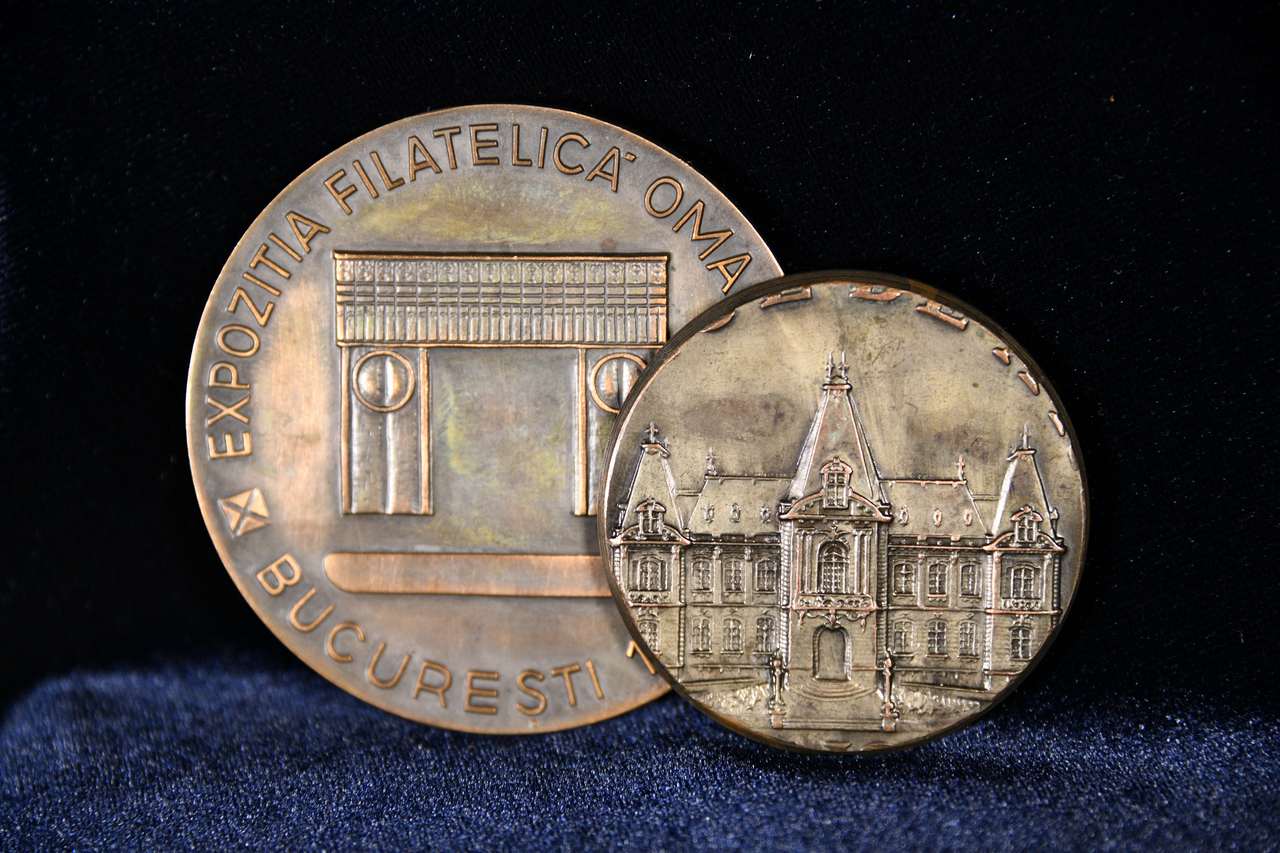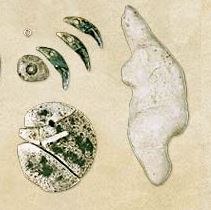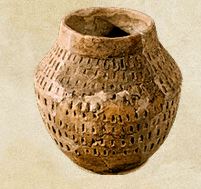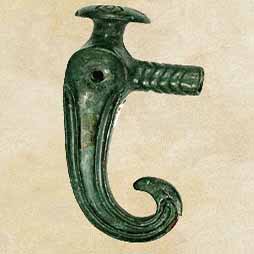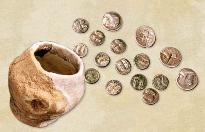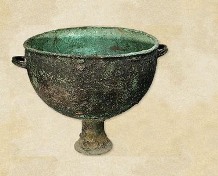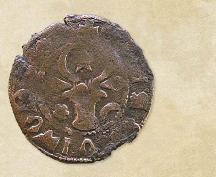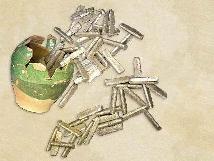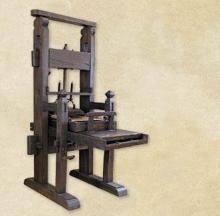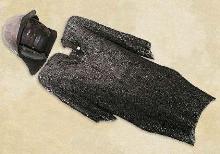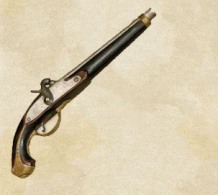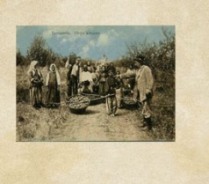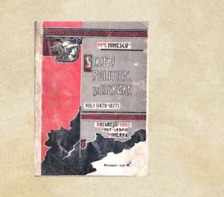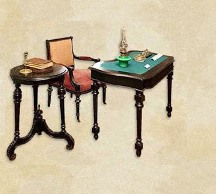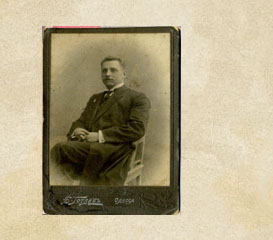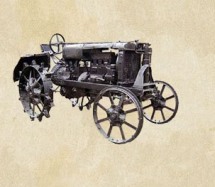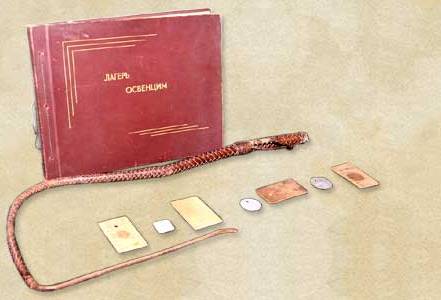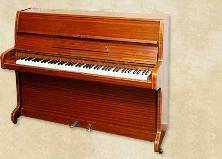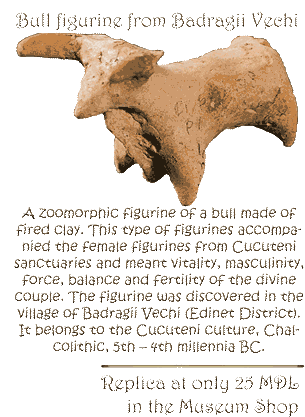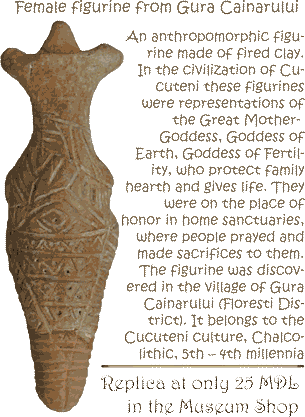 On Tuesday, April 2, 2024, at 14:00, "Enemies of the people", an exhibition of the Memorial to the Victims of Communism and the Resistance in Romania, will open in Chisinau, at the National Museum of History of Moldova.
On Tuesday, April 2, 2024, at 14:00, "Enemies of the people", an exhibition of the Memorial to the Victims of Communism and the Resistance in Romania, will open in Chisinau, at the National Museum of History of Moldova.
The event in Chisinau is organized by the Civic Academy Foundation - Memorial to the Victims of Communism and Resistance in partnership with the National Museum of History of Moldova, with the support of the Hans Seidel Foundation Romania and the Hans Seidel Foundation Moldova.
The exhibition will be opened at the National History Museum of Moldova, str. 31 August 1989, no. 121 A, between April 2-30.
Like any totalitarian regime, communism did not take into account the age, sex, health or cultural level of the people against whom it directed its repression. "Enemies of the people" were not only adults but also children, not only men but also women. Peasants and aristocrats, intellectuals and simple women, elderly women, teenagers or even little girls, pregnant women, lehuze and women with breast-feeding children experienced communist detention, being considered a potential danger to the regime. The reasons for their incarceration varied. Some were themselves considered dangerous to the social order of the communist state; others suffered imprisonment as mothers, wives or daughters of male prisoners.
"Enemies of the people" is an exhibition dedicated to Romanian women victims of communism. It brings before the public the portraits of 71 women who were detained during the communist period for political reasons and who were categorized by the communist regime as "enemies of the people" for the most varied reasons: because they had ties with the West, being accused of "high treason", because they had been part of the anti-communist resistance in the mountains or because they had opposed the confiscation of their land during the collectivization process, and some of them became victims simply because they were mothers, wives, daughters or the sisters of people considered dangerous by the regime.
In addition to the 71 female victims, in a section called "The Youngest Detainees" several cases of little girls who experienced political detention during the communist period, either because they were born in prison or because their mothers were pregnant, are presented at the time of arrest, either because they were detained together with their parents.
At the same time, with the help of fragments from the detention memorials or objects made in prisons, the exhibition also reproduces aspects of the prison regime, showing the ordeal these women went through.
The "Enemies of the People" exhibition is a project of the Civic Academy Foundation - Memorial to the Victims of Communism and Resistance, Romania. The curator of the exhibition is Virginia Ion, and the exhibition design was made by Zeppelin Design (coordinating architects Constantin Goagea and Cosmina Goagea).
The exhibition was made in 2021 and opened between October 2021 and October 2022 at the Sighet Memorial Exhibition Space in Bucharest, str. JL Calderon no. 66. In 2023, it toured Timișoara, the Revolution Memorial and the Carol I Museum in Brăila.
The exhibition "Enemies of the people" received the award of the "Architecture of interior design / exhibitions, stands and scenography" section awarded at the Annual Architecture gala organized by the Bucharest Branch of the Order of Architects, gala which took place on December 7, 2021 at the Romanian Athenaeum.
The Memorial to the Victims of Communism and Resistance was established in 1993 from the initiative of the writers Ana Blandiana and Romulus Rusan, being the first memorial in the world dedicated to the victims of communism. The general aim of the memorial is civic education through a good knowledge of Romania's and Eastern Europe's recent past. The legal entity established to realize and administer the Memorial is the Civic Academy Foundation.
The memorial has two components: the Memorial Museum, located in Sighetu Marmaţiei, and the International Center for Studies on Communism, located in Bucharest. The museum was created in the building of the former prison in Sighet, where between 1950-1955 the political, economic and religious elite of interwar Romania were imprisoned. It has 60 rooms, each cell of the former communist prison being transformed into an exhibition space. The main themes addressed are communist repression, the deconstruction of the rule of law and its replacement with a totalitarian system. The International Studies Center includes: the Department of Oral History, the Archive, the Research Department, the Department for Exhibitions and the Editorial Department (Academia Civică Foundation Publishing House).
In the 31 years of activity, the Memorial had hundreds of actions (touring exhibitions in the country and abroad, symposia, publications, educational activities, European projects, oral history recordings, book launches, etc.) through which it provided the general public with information to better understand what happened in Romania and in other Eastern European countries during the almost five decades of totalitarian communist regime, but also the complexity of the traumas of this historical period.





